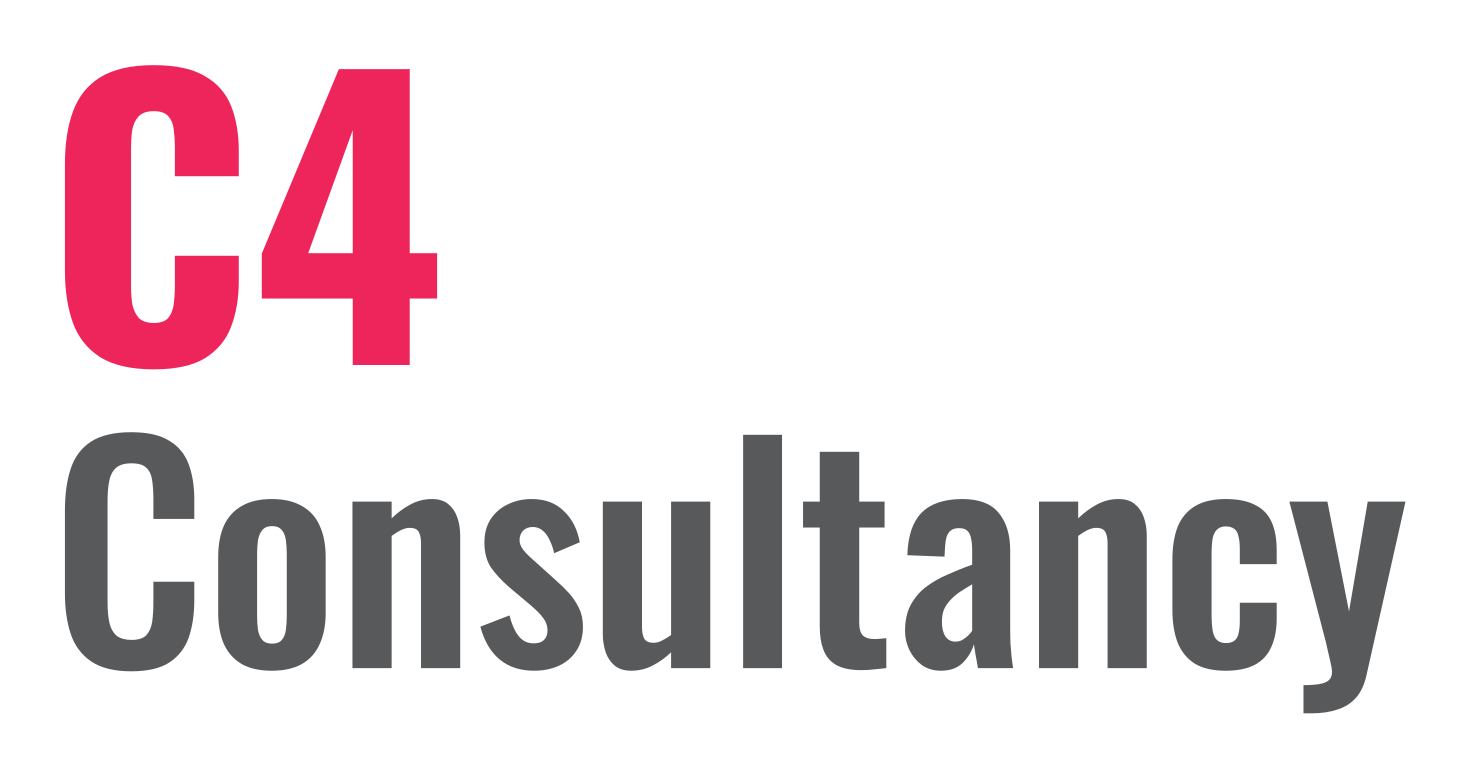
Are Leaders Really Born and Not Made?
In the healthcare industry, there is a common misconception that leaders are born, not made. Many believe that it’s an inherent characteristic that some possess, and others do not. But this couldn’t be further from the truth. Leadership is a skill that can be developed through education, experience, and practice.
When it comes to healthcare, there is a considerable emphasis on clinical education and training. Healthcare professionals spend years studying to perfect their clinical skills and knowledge. But when it comes to leadership, the education and training are often lacking. Many healthcare leaders have little to no formal training in leadership, which can lead to detrimental effects on patient care, staff morale, and team culture.
Studies have shown that the level of leadership directly affects the satisfaction of the team, their engagement, and the culture of the team. A poor leader can result in low morale, high turnover rates, and poor patient care. On the other hand, a good leader can inspire their team, motivate them to perform at their best, and create a positive and productive team culture.
As healthcare professionals, it’s essential to recognize the importance of leadership and the impact it can have on our patients and our colleagues. We need to shift our focus to include leadership education and training to ensure that our leaders have the necessary skills to succeed.
What is Leadership?
Leadership is more than just managing tasks and delegating responsibilities. It’s about inspiring, engaging, and motivating your team. It’s about coaching and developing your team members to reach their full potential. It’s about creating a culture of trust, respect, and collaboration.
Leadership can be learned and developed. It requires a commitment to education, a willingness to learn and grow, and a desire to make a positive impact on your team and your patients. As healthcare professionals, we owe it to our patients and our colleagues to be the best leaders we can be.
But What is the Difference Between a Manager and a Leader?
Leadership and management are two terms that are often used interchangeably. However, there are distinct differences between the two, and understanding these differences is crucial for those aspiring to become effective leaders.
Managers are often tasked with more operational or task-oriented responsibilities:
- Delegating tasks
- Doing the rosters
- Managing budgets
- Assessing progress
- Problem-solving; and
- Day-to-day operations of an organization run smoothly.
Leaders, on the other hand, are responsible for:
- Inspiring and motivating their teams
- Setting the tone for the organization
- Working to create a positive and engaging work culture
- Driving change within an organization; and
- Working to ensure that everyone is on board with the changes.
One of the biggest challenges for healthcare organizations is the lack of leadership development opportunities. Often, healthcare professionals are promoted to management positions without any formal leadership training. This can result in managers who are unable to inspire and motivate their teams, and who are not equipped to handle the challenges that come with leadership positions.
The Importance of Leadership Development in the Healthcare Industry
Effective leadership is critical in the healthcare industry to ensure high-quality patient care, staff satisfaction, and a positive team culture. Until now, leadership has been treated as an innate characteristic as leadership programs have not been high on the agenda. It is a skill that can be learned and developed through education, experience, and practice. Healthcare professionals must recognize the importance of leadership and shift their focus to include leadership education and training.
While management and leadership are often used interchangeably, it is important to understand the differences between the two. The lack of leadership development opportunities is a significant challenge for healthcare organizations, and healthcare professionals should be provided with training and support to develop the necessary skills to become effective leaders.
By committing to leadership development, healthcare organizations can create a culture of trust, respect, and collaboration that benefits both patients and staff.
What do you think? Send me your thoughts through my email michelle@c4consultancy.com.au
